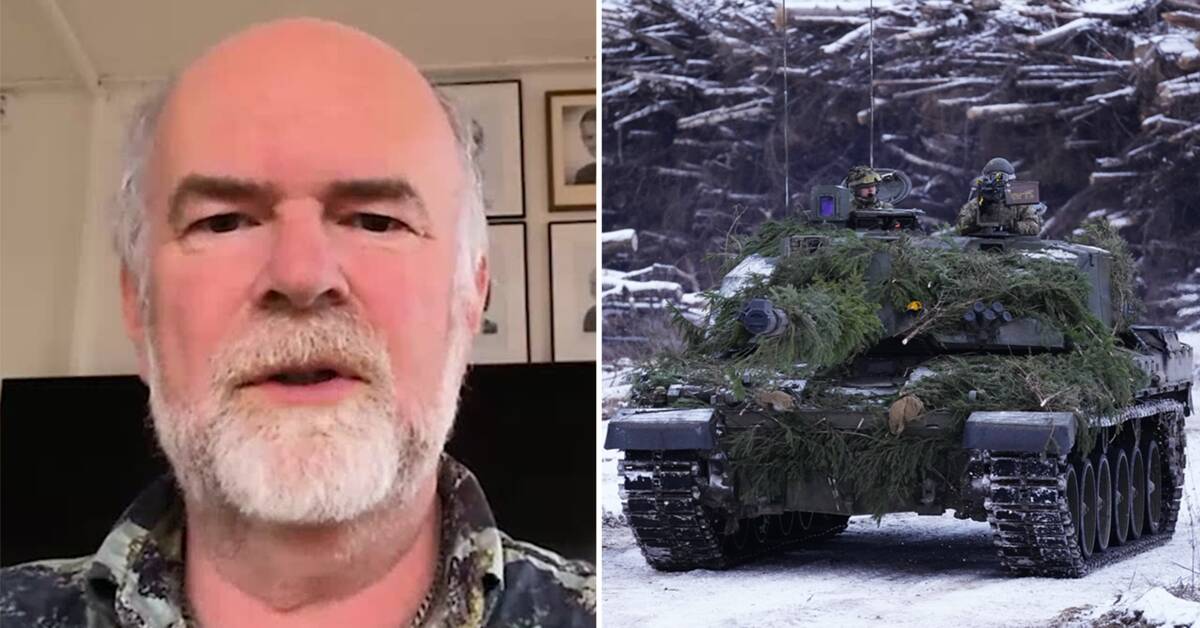Britain has confirmed that it will donate tanks with depleted uranium ammunition to Ukraine. The announcement has been met with accusations from Russia of the use of "nuclear component weapons" and "one step closer to a nuclear war".
However, Christian Ekberg believes that the comparison between depleted uranium and nuclear weapons is dubious.
"Depleted uranium is an element and a heavy metal. Radioactivity is not dangerous at all, he says.
Irrational fear of radiation
He says that depleted uranium, a little simplified, is a residual product of the enrichment of uranium into nuclear fuel. It is heavier than lead and is therefore used in armor-piercing projectiles.
But why is depleted uranium considered so controversial to use as a weapon? Christian Ekberg believes that it is about a built-in fear of radiation – which is grateful to exploit.
"We can't feel it, taste it, see or hear radioactive radiation. We have no senses to detect it and therefore it is perceived as terrifying," he said.
"Nervous"
Both during the Gulf War and the war in the Balkans, a lot of depleted uranium was used and this was linked, among other things, to an increase in leukemia and congenital malformations in the civilian population in Iraq. Closer studies have not been able to prove the connection. The World Health Organization (WHO) also stated in a report in 2013 that no increase in congenital malformations could be observed.
The fact that Russia draws parallels to nuclear weapons is instead about something completely different, says Christer Ekberg:
"Putin is nervous that Ukraine will knock out his tanks.
In the clip, Professor Christer Ekberg talks about how depleted uranium is used and why it is as effective as a weapon.

